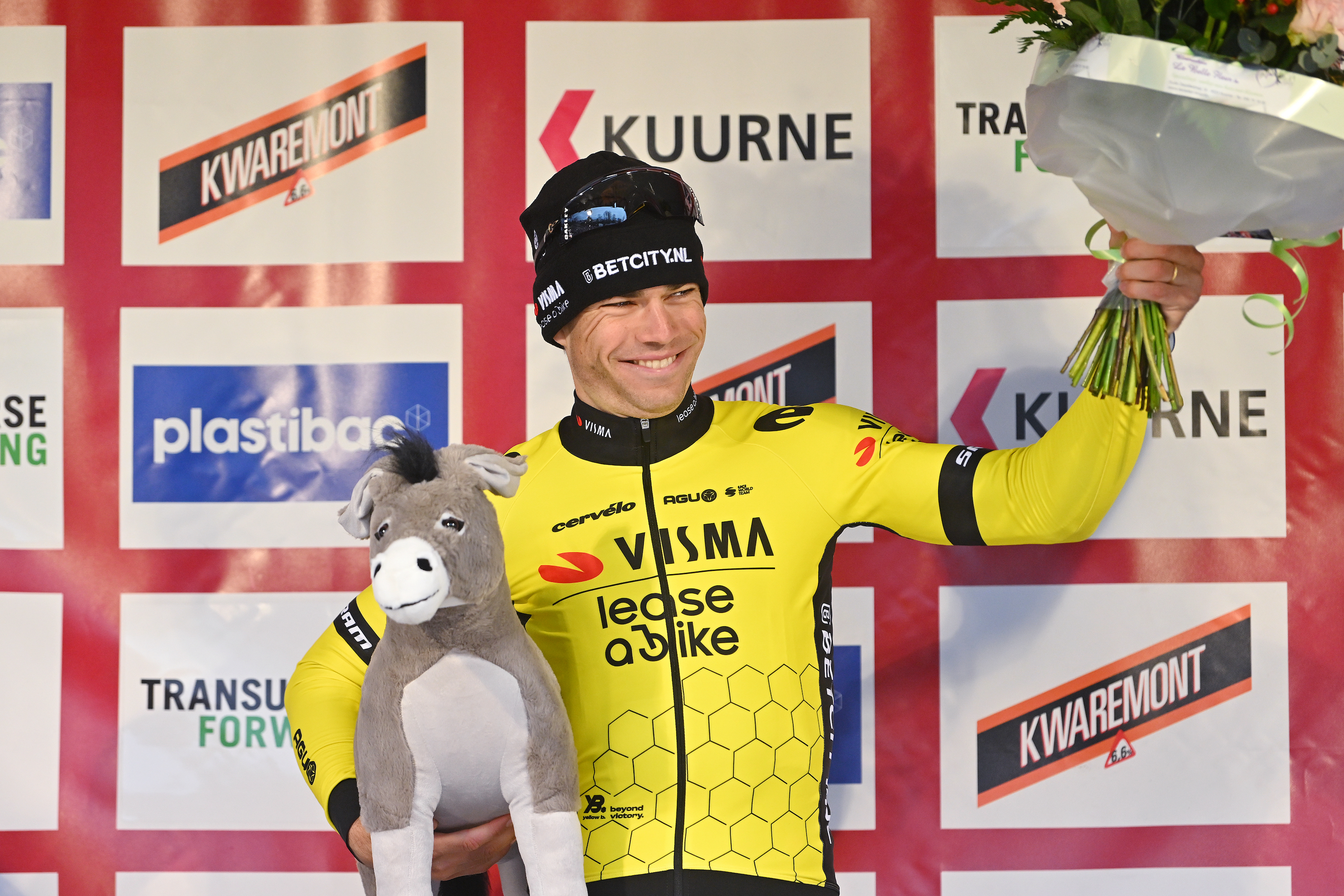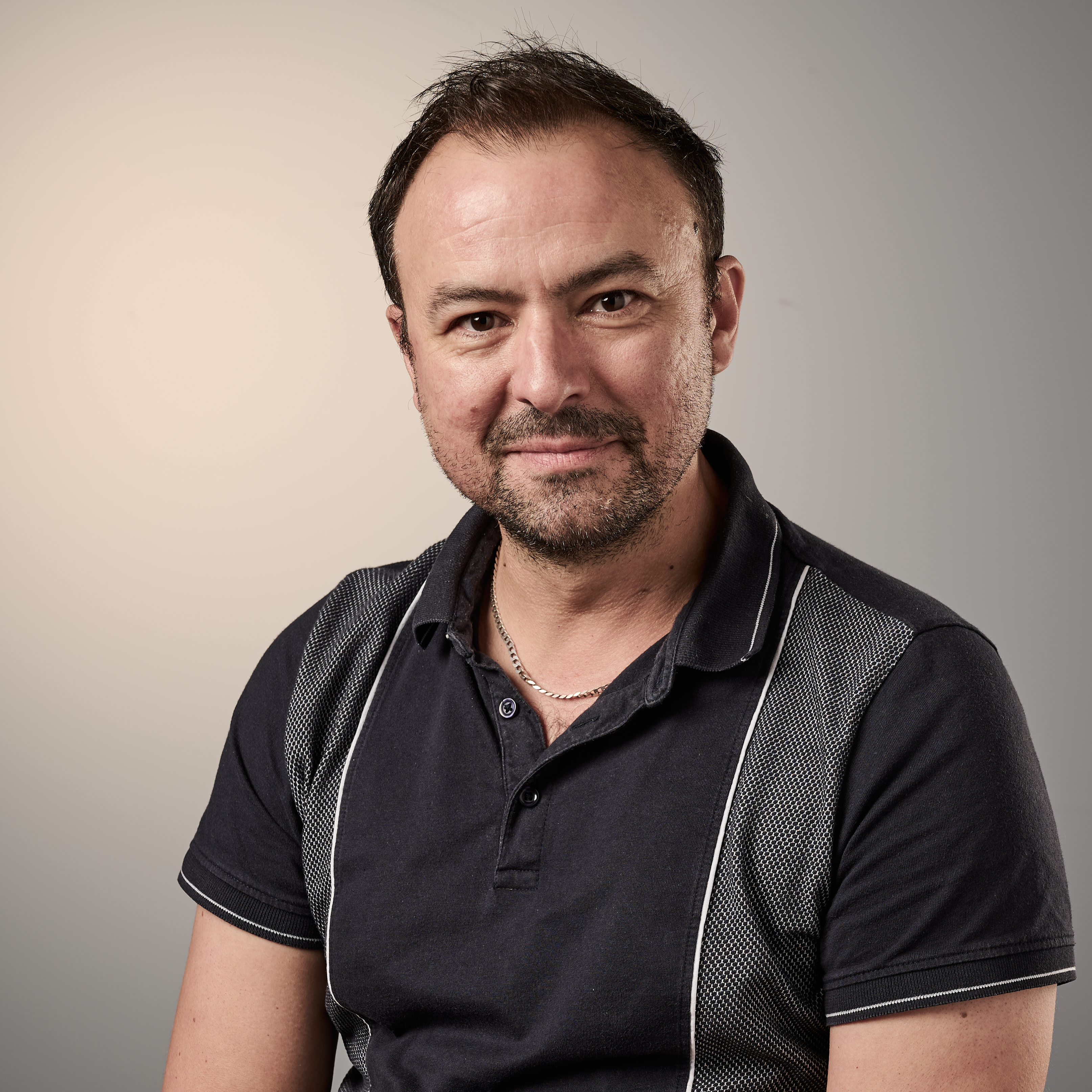Wout van Aert skips both Strade Bianche and Milan-San Remo to train at altitude
Belgian does away with tradition in quest to win at Paris-Roubaix and the Tour of Flanders


The latest race content, interviews, features, reviews and expert buying guides, direct to your inbox!
You are now subscribed
Your newsletter sign-up was successful
Wout van Aert has raised the stakes in his quest to win a second Monument, taking to the mountains of Tenerife for a 22-day altitude camp ahead of Paris-Roubaix and the Tour of Flanders.
The Belgian, who won Kuurne-Brussels-Kuurne last weekend, is still searching for his first win in either of the two most prestigious Monuments, despite finishing on the podium twice at Roubaix and once at Flanders.
To this end, the Visma-Lease A Bike rider will ensconce himself high up on Tenerife's Mount Teide, and miss both Strade Bianche and Milan-San Remo. His base will be the Parador hotel, a building bleak enough to make Stephen King's Overlook hotel look like a cosy B&B.
Unlike Jack Torrance in The Shining, however, Van Aert will be far from alone, reports Belgian outlet HLN. Accompanying him will be his team-mates Tiesj Benoot, Per Strand Hagenes and Omloop Het Nieuwsblad winner Jan Tratnik, plus Van Aert's trainer Mathieu Heijboer and a soigneur, chef, mechanic and dietitian.
Benoot has called the lengthy stay above 2,000m "a calculated risk", and Van Aert agreed. "Always staying in the comfort zone is the easiest thing, but the reality is that I haven't won the Ronde and Roubaix yet," he said. "That may not always have had to do with myself, but I did have the feeling that I could be even better during those two weekends than was the case in previous years.”
Altitude training was traditionally the preserve of Grand Tour riders looking to acclimatise to the high mountains they might encounter in the three-week races. But its ability to boost red blood cell production means more oxygen can be carried in the blood; even on the near-sea level roads of Paris-Roubaix, this will come in very handy.
Early-season altitude training is far from unheard of, but parachuting into a camp in the middle of the Classics season, in order to use it as a form of granular training for a target one-day race, is taking it to a new level.
The latest race content, interviews, features, reviews and expert buying guides, direct to your inbox!
The more common approach would be to race into condition via a short stage race such as Tirreno-Adriatico or Paris-Nice plus a variety of Classics including Strade Bianche or Milan-San Remo, Ghent Wevelgem and E3. This is Van Aert's usual path and indeed the one that the past five winners of Paris-Roubaix (in non-covid-hit season) have taken.
Perhaps Van Aert and his team have considered Einstein's old adage that doing the same thing over and over and expecting different results is the definition of insanity. But it seems like they have also gained a different perspective on using hard events such as those above as training races.
“I always considered Tirreno-Adriatico and Paris-Nice as preparation races," Van Aert told HLN. "But actually they are too tough races to see them purely as preparation. So it is only an advantage not to ride them."
Benoot addded: “In the old classical cycling you needed the fatigue of Tirreno-Adriatico or Paris-Nice to be really good, but with current science and training approach that is no longer a requirement.”
Van Aert's fellow pros who also covet one of these major Classics will be watching closely.
After cutting his teeth on local and national newspapers, James began at Cycling Weekly as a sub-editor in 2000 when the current office was literally all fields.
Eventually becoming chief sub-editor, in 2016 he switched to the job of full-time writer, and covers news, racing and features.
He has worked at a variety of races, from the Classics to the Giro d'Italia – and this year will be his seventh Tour de France.
A lifelong cyclist and cycling fan, James's racing days (and most of his fitness) are now behind him. But he still rides regularly, both on the road and on the gravelly stuff.
